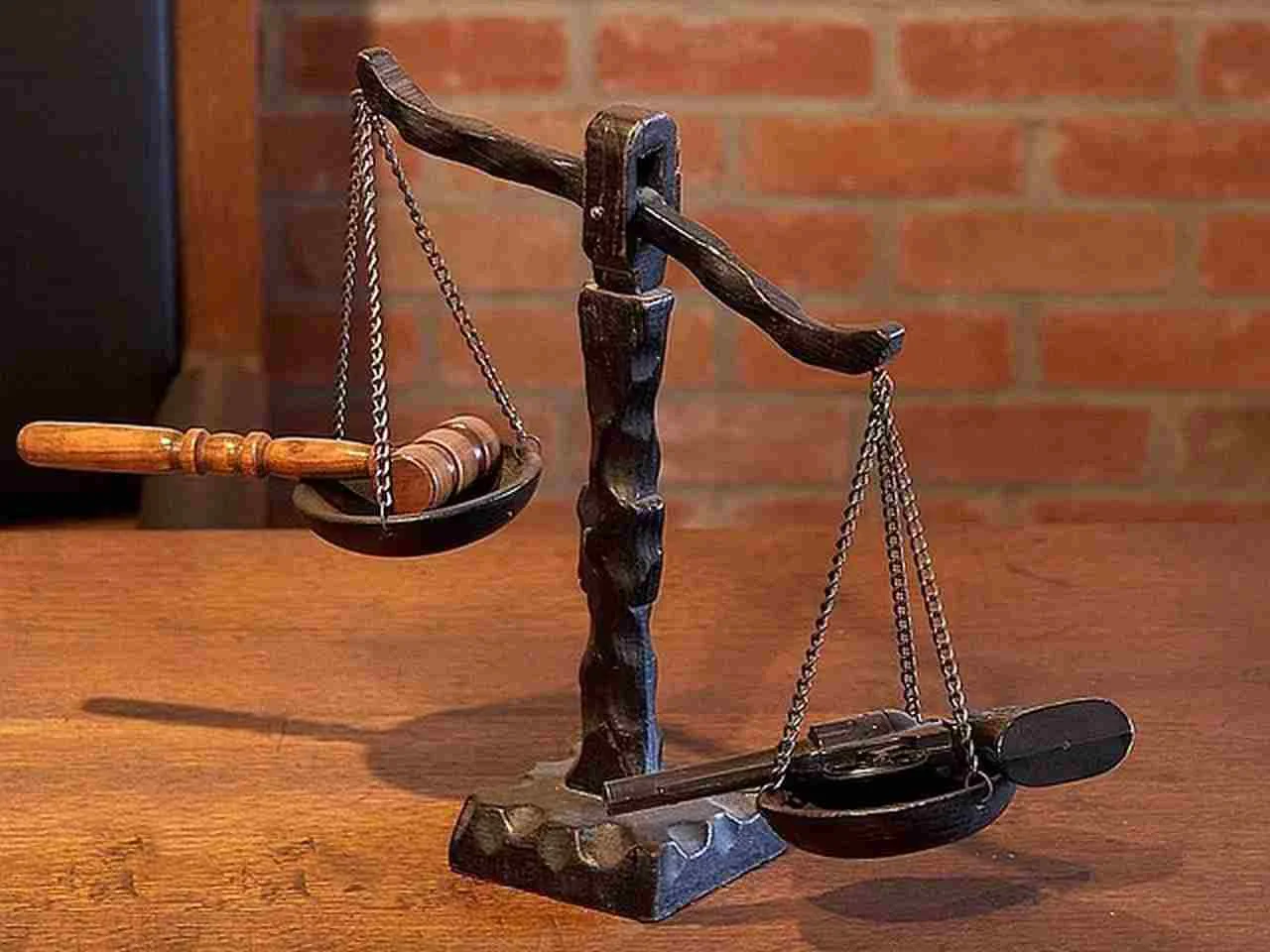Understanding Alabama’s Spoliation of Evidence Doctrine in Personal Injury Cases

In personal injury cases, evidence is crucial for establishing liability and proving damages. The spoliation of evidence doctrine in Alabama addresses situations where evidence is lost, destroyed, or tampered with, potentially impacting the outcome of a case. Understanding this doctrine is important for both plaintiffs and defendants to ensure that a fair resolution is achieved. Here’s a comprehensive guide to navigating Alabama’s spoliation of evidence doctrine in personal injury cases.
What Is Spoliation of Evidence?
- Definition: Spoliation of evidence refers to the intentional or negligent destruction, alteration, or loss of evidence that is relevant to a legal proceeding. This can occur through improper handling, accidental loss, or deliberate actions to obscure evidence.
- Implications: When evidence is spoliated, it can hinder the ability of the parties involved to fully present their cases. This may lead to difficulties in proving claims or defenses, potentially affecting the fairness and outcome of the legal process.
Legal Framework in Alabama
- Duty to Preserve Evidence: In Alabama, parties involved in a personal injury case have a legal duty to preserve evidence that may be relevant to the case. This duty arises once a party is aware of, or should reasonably foresee, that the evidence may be needed for litigation.
- Consequences of Spoliation: If evidence is improperly handled or destroyed, courts in Alabama may impose sanctions on the responsible party. Sanctions can include adverse inference instructions, where the court assumes the evidence would have been unfavorable to the party that failed to preserve it, or dismissal of claims or defenses.
Addressing Spoliation of Evidence
- Documenting Evidence: From the outset of a personal injury case, it is crucial to document and preserve all relevant evidence. This includes physical items, photographs, electronic records, and witness statements. Proper documentation helps prevent accusations of spoliation and supports the integrity of your case.
- Issuing Preservation Notices: To ensure that evidence is preserved, parties may issue preservation notices or requests to other parties or entities involved in the case. This formal request notifies the recipient of the obligation to maintain relevant evidence.
- Responding to Spoliation: If you suspect that evidence has been spoliated, address the issue promptly with the court. Provide evidence of the spoliation and request appropriate sanctions or remedies to mitigate the impact on your case.
Legal Remedies and Sanctions
- Adverse Inference: One common remedy for spoliation is an adverse inference instruction. This means the court may instruct the jury to presume that the spoliated evidence would have been harmful to the party responsible for its loss or destruction.
- Monetary Sanctions: Courts may impose monetary sanctions to compensate the affected party for the costs incurred due to the spoliation of evidence. This can include expenses related to obtaining alternative evidence or litigation costs.
- Dismissal of Claims: In severe cases, the court may dismiss the claims or defenses of the party responsible for spoliation. This is typically reserved for cases where the spoliation has significantly impacted the fairness of the proceedings.
Best Practices for Evidence Preservation
- Implement Evidence Management Procedures: Establish and follow procedures for managing and preserving evidence from the beginning of a case. This includes securely storing physical evidence, backing up electronic records, and maintaining detailed logs of all evidence-related activities.
- Educate All Parties: Ensure that all individuals involved in the case are aware of the importance of evidence preservation and the legal obligations related to it. This includes educating clients, employees, and third parties who may have access to relevant evidence.
- Consult Legal Counsel: Work closely with your personal injury attorney to address any concerns related to evidence preservation. An attorney can provide guidance on legal obligations, assist with issuing preservation notices, and address issues of spoliation if they arise.
Conclusion
Understanding and navigating Alabama’s spoliation of evidence doctrine is essential for managing personal injury cases effectively. By documenting and preserving evidence, addressing spoliation issues promptly, and implementing best practices for evidence management, you can safeguard the integrity of your case and ensure a fair legal process.